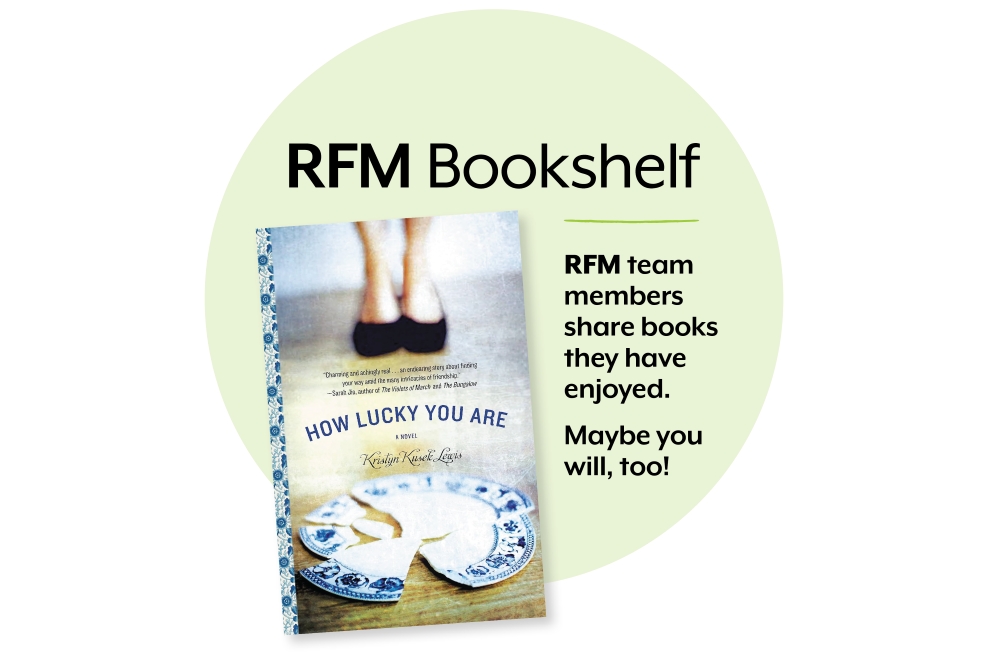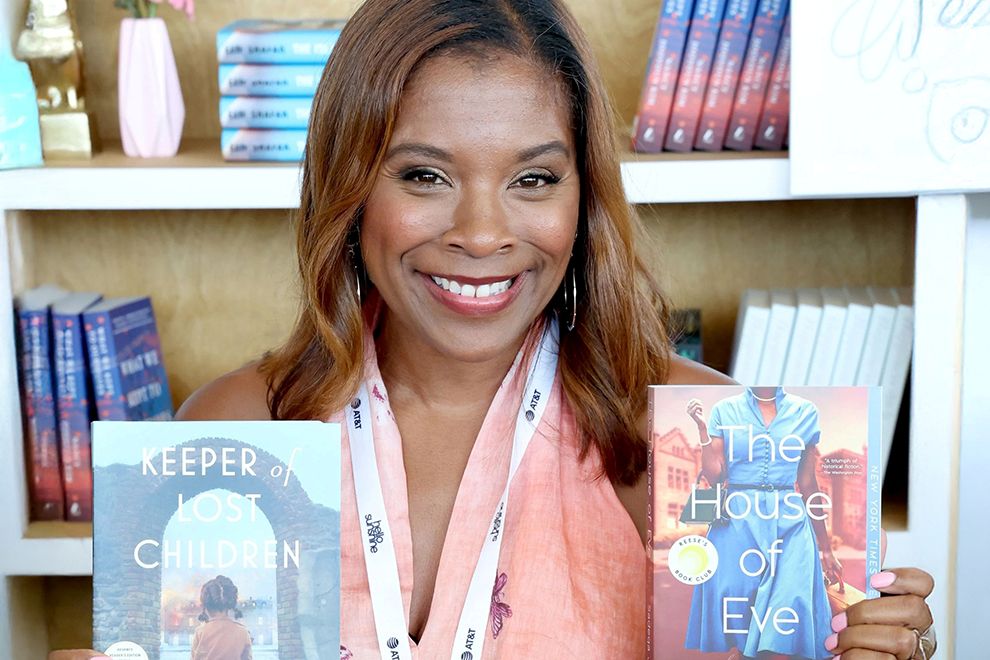Schor makes no doubt about it – “constructing a less commercial childhood experience will not be easy.” Ads have infiltrated everything. Scholastic book order forms, “once a cheap and convenient way of getting books,” are now loaded with media and toys. “Beginning in 1995, the Girls Scouts began offering the ‘Fashion Adventure’ experience with the Limited Too.” And Schor points out even the children’s hospital at UCLA was renamed after Mattel. Places of worship are the only safe spots, at least for now.
“The strong presumption against active consumer policy remains. Parents know best. If they don’t like what’s on offer, they can turn off the TV, just say no, or ban the offending T-shirt, lyrics, Web site, or caffeinated sodas. Consumer culture is not an imperative, it’s a choice.” While this is certainly true to some extent, Schor does an excellent job of presenting the flaw in this argument. “In truth, consumption is a thoroughly social activity, and what one person buys, wears, drives, or eats affects the desires and behaviors of those around them.” This is especially when you consider how ads have also infiltrated schools.
Schor argues, “Advertising in schools violates a fundamental principle of consumer sovereignty: the ability to escape ads and marketing. Schooling is compulsory, unlike Internet surfing or patronizing fast food restaurant…Furthermore, the growth of corporate-sponsored curricular materials threatens fundamental principles of objectively and knowledge in the classroom.” Basically, Born to Buy maintains while schools might make money from Box Tops or McDonald’s McTeacher Night, ultimately, we’re all paying a price.
Personally, I think Schor devotes too much of the conclusion of her book to Congressional legislation and not enough time on concrete practices parents can adopt immediately. While in an ideal world, everyone would read her book and follow it up with a letter to their Representative, that’s not going to happen. And let’s be realistic. Even if it did, it’d be years before changes actually took place. I need solutions now. Schor briefly offers her own experiences as a guide for setting limits with television, but she never addresses all of the other questions that arise over the course of a consumer’s day. Unfortunately, other than an offer to “join the movement to oppose a corporate-constructed childhood,” Schor suggests little else.
It has been my experience that it’s really a matter of where you are going to draw your line in the sand. I do worry that prohibiting television and all that goes with it will backfire as soon as I relinquish control and I don’t want to cause my child to be socially excluded. While Schor writes that her research fails to prove either of those things likely, I still struggle with whether my child needs a basic cultural literacy to function successfully in our society. Therefore, the line in the sand at my house is constantly being moved based on my comfort level.
My oldest daughter loves to horde American Girl catalogues. I had always allowed her this indulgence, as we don’t have cable TV so her exposure to advertisements is extremely limited. But this summer, I found that she had begun to spend more time making lists of what she wanted as opposed to actually playing with her doll. When she won a Littlest Pet Shop through the summer reading program and lingered longer over the brochure for additional products than she did the toy, I knew something had to change. I gave her an expiratio n date and told her that everything would be recycled by the week’s end. Immediately, she began updating her list.
But as they say down south, my daughter comes by it honestly. I recently picked up an old issue of In Style Magazine at the library for 25 cents and dog –eared it in about a half-dozen places. The chances of me buying the $95 black camisole at Bloomindales featured on page 268 are virtually nonexistent and yet I noted it nonetheless. What I’ve realized is that by constantly questioning my consumer longings I’m actually doing my girls a favor. The reality is, as with drugs, alcohol, and sex, the temptation to consume in excess is out there. While they might be “born to buy,” with a little bit of honesty on my part, at the very least they’ll learn striking a balance between needs and wants is likely to take a lifetime.




